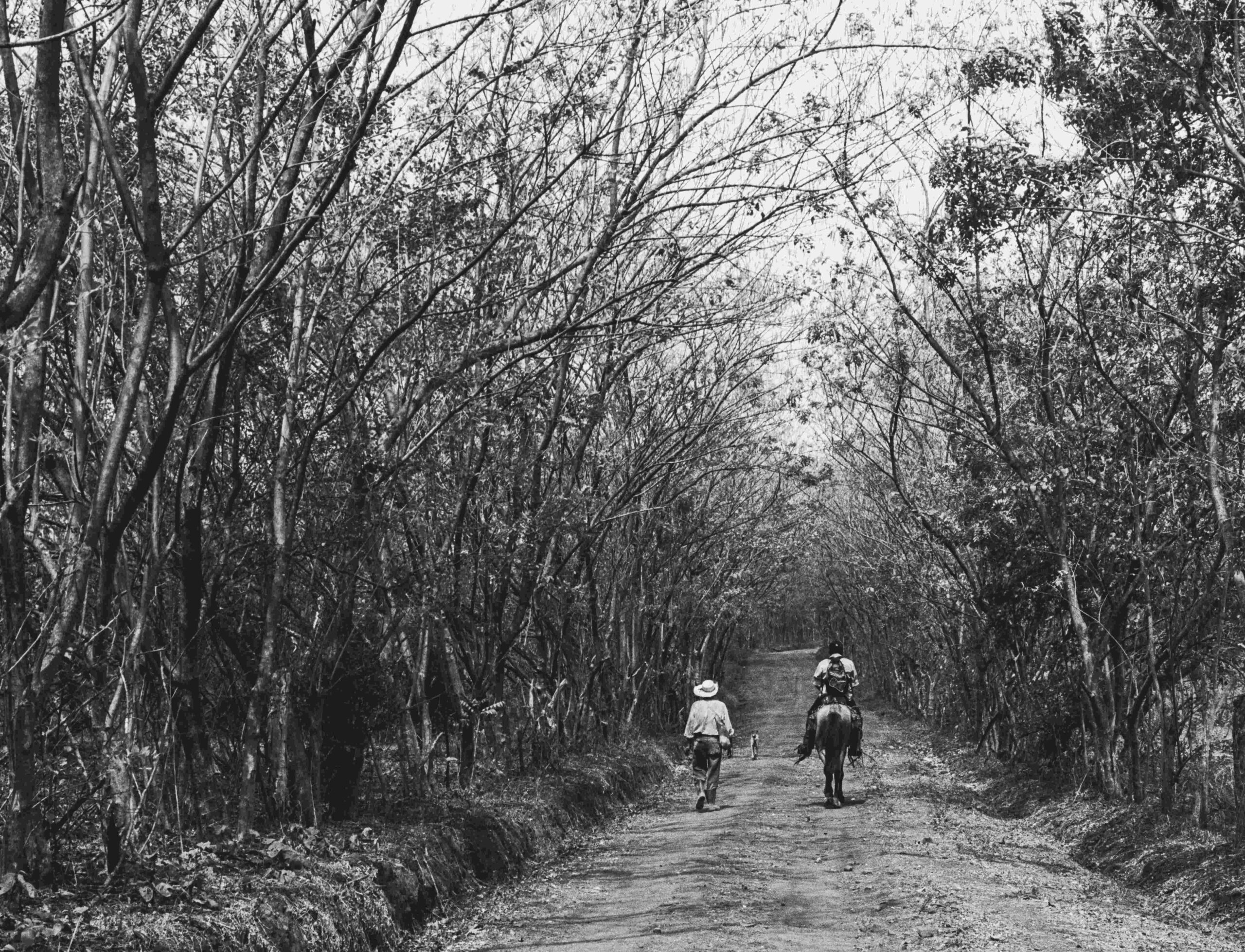


Deadline to legislate on forced displacement expires
The Constitutional Chamber gave six months to issue regulations aimed at protecting victims and witnesses.
Six months have passed since the Constitutional Chamber ordered to recognize forced displacement, create regulations for it, and protect the victims of this phenomenon that has forced entire families to flee their homes and seek refuge without being found by their perpetrators.
The order of the law was clear for the Legislative Assembly, the Ministry of Justice and Public Security, and the Executive Technical Unit of the Justice Sector (UTE), and the indicated term expired yesterday.
The Ministry of Justice and Public Security prepared a preliminary bill for the care of victims that has not yet been presented to the Legislative Assembly. According to Fátima Ortiz, Director of Victims’ Assistance of that State portfolio, they are still waiting for the approval from the Presidency of the Republic.
On August 23, 2018, Cristosal, an organization for the defense of human rights, presented a bill to the Legislative Assembly that specifically seeks to prevent and protect victims of forced displacement due to violence.
Since then, the initiative has passed to the Legislation and Constitutional Themes Commission; however, this commission has not begun analyzing it. ARENA’s congressmen, Ricardo Velásquez, pointed out that they have asked the UTE for an opinion on the draft, but they have not yet responded.
Regarding Cristosal’s initiative, the Ministry of Justice pointed out that “It is not a law that meets all the characteristics of comprehensiveness, because it is only framed for the care of the victims, that is, it does not address criminal types reforms , it does not manage to recover territory nor measure displacement, and we also believe that El Salvador needs a General Law of Assistance to Victims, which privileges forced displacement, but also covers the rest of the types of victims, because it is one of the manifestations of violence and crime that can be addressed by other programs that we have,” explained Ortiz.
Congressmen Velásquez accepted that the Legislative Assembly has failed to comply with the deadline given by the Constitutional Chamber.
However, not everything has been fouls at the orders of the Chamber, according to Abraham Ábrego, Director of Victims’ Assistance of Cristosal. There has been some progress in areas such as the design of the protocol of victim assistance that already includes the recognition of the phenomenon, as well as the creation of a technical table at the UTE.
Diario El Mundo asked the Executive Technical Unit of the Justice Sector (UTE), what is the work they have done in compliance with the sentence, but until the closing of this note, there was no response.
“The problem has been that the government’s political will has yet to be specified in the sense that they still need to present that bill to the Legislative Assembly,” Ábrego stressed.
Victims without a budget
A section of the sentence ordered the President of the Republic to include in the General Budget of the Nation, a special item for victims of forced displacement due to violence; however, Ábrego regrets that this did not occur in the budget for fiscal year 2019.
“As a result of the budget proposal not including it, we presented an initiative to the finance commission to review it and include it; however, at the end of the year, we understand that it was not changed,” says Ábrego.
The nation’s budget approved on December 21, 2018 endorsed $426,643,612 (including loans and donations) for the Ministry of Justice and Public Security; of these, $296,100 corresponds to the direction of assistance to victims and witnesses.
Cristosal’s Director of Victims’ Assistance added that they will ask the new Chamber for a follow-up hearing.
“It is a sentence of the Constitutional Chamber that must be fulfilled and the term has already passed; thus, it is necessary for each one (of the institutions) to report on what each has done in this period and with that information evaluate following steps,” he said.
If even then, the State does not comply with the sentence, Ábrego did not rule out resorting to an international body such as the Inter-American Commission on Human Rights (IACHR).
More progress
According to the Director of Victims’ Assistance of the Ministry of Justice, Fátima Ortiz, other progress that they have had is the installation of a specialized shelter for victims of displacement, which they hope will have 400 spaces.
Axis four of the Plan El Salvador Seguro includes in action five the development of reception centers, shelters, and protection houses for victims and witnesses, with a goal of 4,000 available places.
He also points out that, since last year, they have now kept a registry of the victims of this phenomenon of violence and this registry has already been incorporated into the protocols of the Local Offices for Assistance to Violence (OLAV); they have also trained the staff “at a technical level.”
According to Cristosal, which directly assists those affected by the phenomenon, in 2018 there was an increase of 53% in victims of the case; however, after a recent survey by the University Institute of Public Opinion (IUDOP) of the José Simeón Cañas Central American University (UCA), it was estimated that more than 235,000 people in the country had been victims of displacement in 2018 alone.
Gangs are the main cause of families having to leave their homes out of fear.
The original article in Spanish can be accessed through the link below:
https://elmundo.sv/vence-plazo-para-legislar-sobre-desplazamiento-forzado/



Portal de monitoreo a vulneraciones de derechos humanos
El equipo de investigación de Cristosal brinda monitoreo constante a las violaciones en materia de derechos humanos, para brindar información oportuna y certera sobre las causas y efectos de estas sobre las poblaciones vulneradas. Alimentado por datos provenientes de instituciones Estatales, de sociedad civil y de cooperación internacional, sus publicaciones fortalecen la labor de defensa y promoción de los derechos humanos en el Norte de Centroamérica.